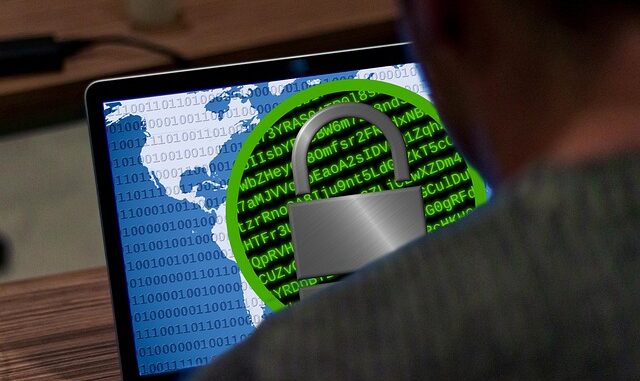
Summary
An employee mistakenly downloading a malicious file led to a ransomware attack on Ascension, exposing the data of millions. The incident highlights the vulnerability of large systems to human error and the importance of robust cybersecurity training. Ascension has pledged to notify affected individuals and provide credit monitoring services.
Dont let data threats slow you downTrueNAS offers enterprise-level protection.
Main Story
Ascension, one of the largest healthcare networks in the United States, suffered a significant data breach in May 2024. The incident stemmed from a ransomware attack, triggered by an employee unintentionally downloading a malicious file. The fallout impacted millions of patients, underscoring the critical need for strong cybersecurity practices in the healthcare sector.
The Unintentional Breach
The breach originated from a seemingly innocuous action: an employee mistakenly downloaded a malicious file, believing it to be legitimate. This single action allowed hackers to infiltrate Ascension’s systems, disrupting operations and potentially compromising sensitive patient information. Ascension has stated that they believe the download was an honest mistake and not a deliberate act of malice. However, the incident highlights the vulnerability of even large, sophisticated systems to human error.
Impact and Response
The attack had widespread repercussions, affecting various aspects of Ascension’s operations. Key systems, including electronic health records, phones, and systems for ordering medical tests and medications, were disrupted. The disruption forced a shift to manual processes, causing delays and potential risks to patient care. Non-emergent procedures were paused, and emergency services were rerouted to minimize disruption.
Ascension launched a comprehensive investigation with third-party experts to assess the damage and identify affected individuals. The investigation revealed that the personal information of millions of current and former patients, senior living residents, and employees was potentially compromised. The information involved varied by individual but may include medical details, payment information, insurance details, government identification numbers, and personal information such as addresses and dates of birth.
While the investigation found no evidence of data being taken from the core electronic health records systems, the potential exposure of sensitive data is a serious concern. Ascension has pledged to notify all affected individuals and provide complimentary credit monitoring and identity protection services.
Lessons Learned: Cybersecurity in Healthcare
The Ascension incident serves as a stark reminder of the importance of robust cybersecurity measures, particularly in the healthcare sector. Several key takeaways emerge:
- Human Factor: Even with advanced security systems, human error remains a significant vulnerability. Comprehensive and ongoing cybersecurity training for all employees is essential to minimize such risks.
- Layered Security: A multi-layered approach to cybersecurity, including robust firewalls, intrusion detection systems, and regular security audits, is crucial to protect against evolving threats.
- Incident Response Plan: A well-defined incident response plan is vital for containing the damage and ensuring a swift and effective recovery in the event of a breach.
- Transparency and Communication: Open communication with affected individuals and the public is essential to maintain trust and minimize anxiety in the aftermath of a breach.
The healthcare industry, dealing with vast amounts of highly sensitive data, remains a prime target for cyberattacks. The Ascension incident emphasizes the need for constant vigilance and a proactive approach to cybersecurity. Protecting patient data is not just a regulatory requirement; it’s a fundamental ethical obligation for all healthcare providers.


Millions affected by *one* accidental download? So, besides mandatory cybersecurity training, are we suggesting mandatory IQ tests for new hires now? Or perhaps just blocking *all* downloads?
That’s a great point! Blocking all downloads might seem extreme, but exploring whitelisting approved software and websites could be a practical step to minimize risks and improve security. It’s all about finding the right balance between usability and protection.
Editor: StorageTech.News
Thank you to our Sponsor Esdebe
Millions affected by *one* accidental download? Maybe we should replace cybersecurity training with hypnotism. “You will *not* click the suspicious link. You will *not* download that file. You *love* strong passwords.”
That’s a funny idea! While hypnotism might be a bit extreme, it does highlight the need for more engaging cybersecurity training. Perhaps incorporating elements of behavioral psychology could help make the lessons stick better and reduce those accidental clicks!
Editor: StorageTech.News
Thank you to our Sponsor Esdebe